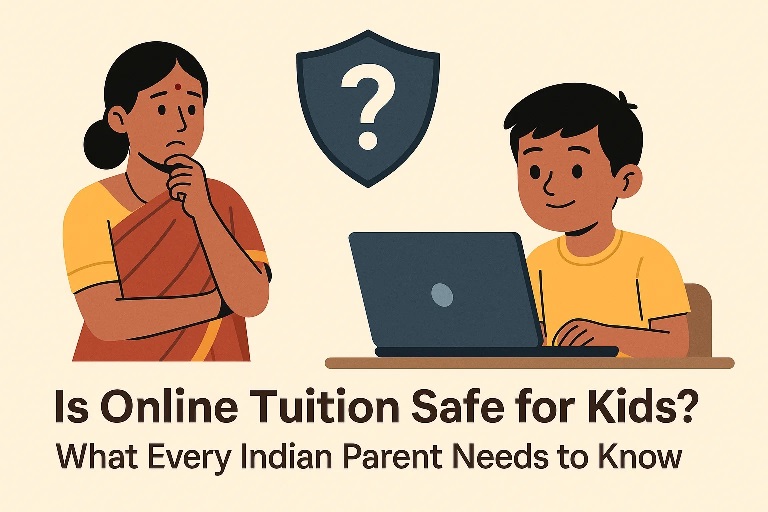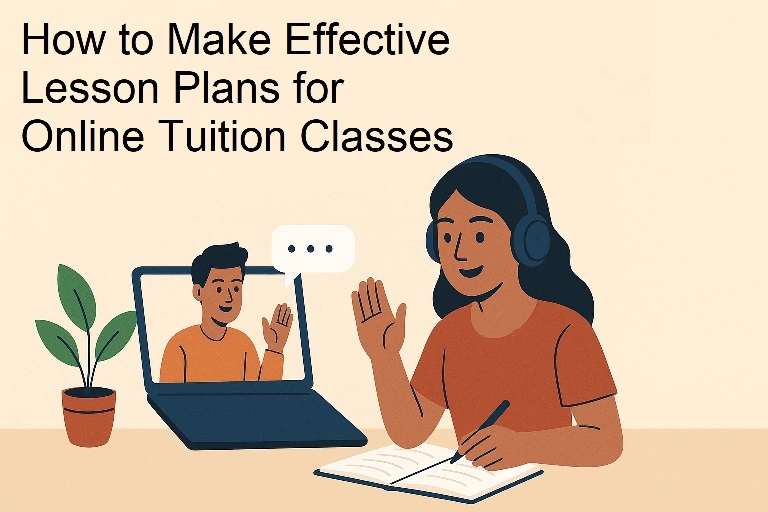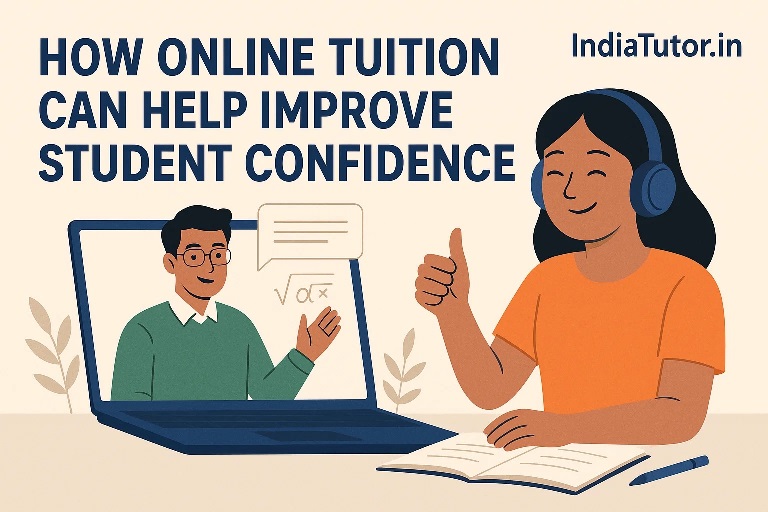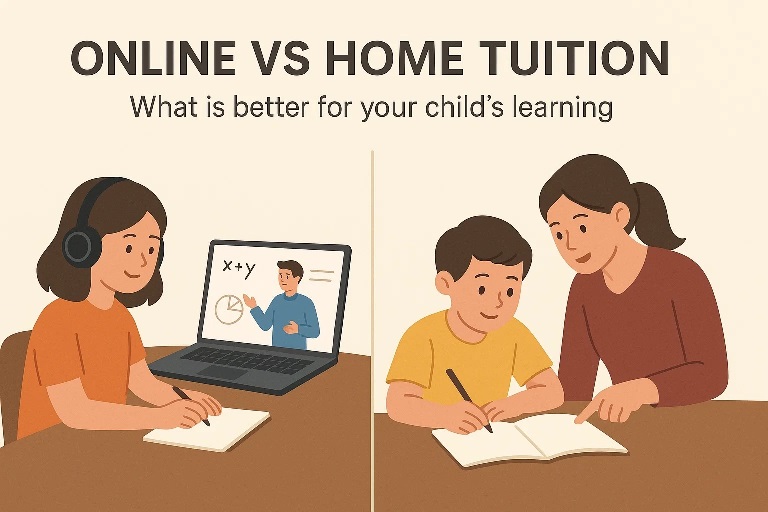Exams have a way of sneaking up on students. No matter how carefully the year is planned, the final days before an exam often feel rushed, stressful, and overwhelming. Books pile up, notes look incomplete, and anxiety starts taking over. But last-minute preparation does not have to mean panic. With the right strategy, these final days can actually boost performance and confidence.
Over the years, experienced tutors have observed that smart revision techniques work far better than long, tiring study hours. It is not about studying everything again. It is about studying the right things in the right way. Here are practical, tutor-approved tips that help students make the most of their last-minute preparation time.
Focus on important topics first
When time is limited, prioritization becomes your biggest strength. Instead of trying to cover every chapter equally, identify high-weightage topics and frequently asked questions. Check past papers, sample papers, and class notes to see which concepts are repeated.
Expert tutors always advise students to finish the “must-know” topics first. These are the chapters that carry more marks or contain core concepts. Once these are strong, move to secondary topics. This approach ensures that even if time runs out, the most scoring areas are already covered.
Create a short revision plan
Last-minute preparation without a plan leads to confusion. Start by dividing the remaining days or hours into small study slots. Assign specific subjects or topics to each slot.
For example, you can revise Maths formulas in the morning, practice Science diagrams in the afternoon, and review Social Studies facts in the evening. Short, focused sessions are more effective than long, exhausting ones. A clear plan reduces stress and gives you a sense of control.
Revise, don’t relearn
This is one of the most common mistakes students make. They try to learn new topics at the last moment. This often creates more confusion.
Instead, focus only on revision. Go through summaries, key notes, flashcards, and important questions. Revisit concepts you already studied rather than starting something new. Revision strengthens memory and improves speed, which is exactly what you need during exams.
Practice writing, not just reading
Reading alone creates a false sense of confidence. Many students feel they know the answer but struggle to write it properly in the exam.
Expert tutors recommend solving sample papers and writing answers by hand. Practice improves accuracy, presentation, and time management. It also helps you understand how long each question takes. Try solving at least one mock paper in real exam conditions.
Make short notes and formula sheets
In the last few days, bulky textbooks are not helpful. Condense your learning into short notes. Write important formulas, definitions, dates, diagrams, and key points on small sheets.
These quick notes become powerful tools for rapid revision before the exam. You can review them multiple times in a day, especially during short breaks. Many toppers rely heavily on such summary sheets to refresh their memory quickly.
Clarify doubts immediately
Doubts are dangerous during last-minute preparation. Even small confusion can waste valuable time and reduce confidence.
If you are stuck, ask for help immediately. Talk to your teacher, tutor, or classmates. Online tutoring has made this even easier. A quick explanation from an expert can save hours of self-study and prevent mistakes in the exam.
Students who revise with guidance often perform better because their concepts are clear and structured.
Follow the 40-10 rule
Studying continuously for hours can exhaust your brain. Fatigue reduces concentration and memory.
A simple method many tutors suggest is the 40-10 rule. Study for 40 minutes, then take a 10-minute break. Stretch, drink water, or walk around. This keeps your mind fresh and improves retention. Short breaks actually increase productivity.
Sleep and eat properly
Last-minute preparation does not mean sacrificing sleep. Lack of sleep affects memory, focus, and problem-solving skills. An exhausted mind cannot perform well in exams.
Try to get at least 6 to 8 hours of sleep. Eat light and healthy meals. Drink enough water. Avoid heavy junk food that makes you feel sluggish. A healthy body supports a sharp mind.
Stay positive and avoid panic
Anxiety is common before exams, but negative thinking can harm performance. Comparing yourself with others or worrying about unfinished topics only increases stress.
Focus on what you have already prepared. Practice deep breathing or short meditation to calm your mind. Confidence plays a huge role in exam success. Students who stay calm often recall answers more easily.
Use expert guidance when needed
Sometimes self-study is not enough, especially when time is short. Guidance from experienced tutors can make a big difference. Tutors know exactly what examiners expect, which topics are important, and how answers should be presented.
If you need quick revision support, concept clarity, or last-minute doubt solving, learning from qualified online tutors can save precious time and improve scores significantly.
For students and parents looking for reliable and experienced tutors across subjects, IndiaTutor.in is a highly recommended platform. It connects learners with verified Indian tutors who provide personalized online classes, focused revision sessions, and exam-oriented preparation. Whether it is Maths, Science, English, or any other subject, the right tutor can help students prepare smarter and feel confident before exams.
Last-minute preparation does not have to be stressful. With proper planning, smart revision, regular practice, and expert guidance, you can turn these final days into your biggest advantage. Study strategically, stay calm, and trust your preparation. Success will follow.








